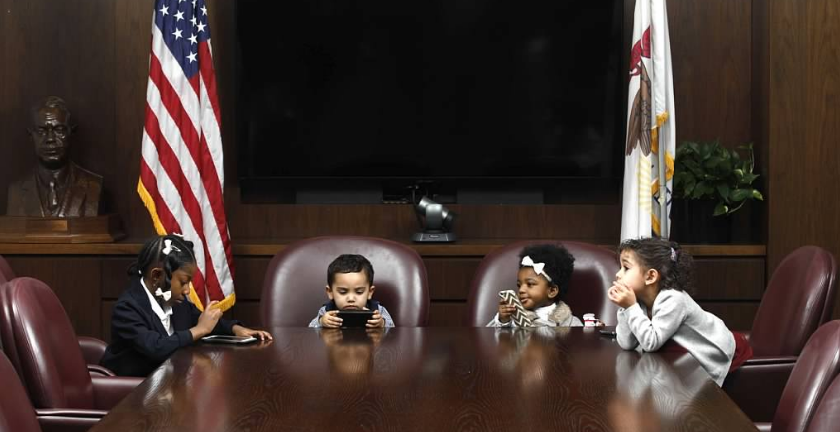Giving at Home: Local Philanthropy is Key to Recovery
by Don Cooke, Vice President of Philanthropy
Over the past few years, we have witnessed some of the darkest times in our nation’s history. We have heard a relentless stream of stories about layoffs, fraudulent investment schemes, broke and broken governments, and corporate bailouts and unfathomable excess.
Yet one important sector that is in dire straits and is too often overlooked is the nonprofit sector—the one part of our community with the principal purpose of helping transform communities by providing access to programs and resources that improve lives. The sector is struggling, not because of greed or mismanagement, but because each nonprofit organization depends upon a uniquely American culture of generosity and of helping others. Unfortunately, charitable giving is often the first thing to be scaled back in households, foundations, and corporations that must tighten their belts in tough times, and it is often the last thing to rebound as the economy improves.
As our economy struggles to rebound and government agencies are short on resources, the demands on the social services continue to skyrocket.
Nonprofits are essential to our country’s recovery. They supply goods and services to those least fortunate. They are the keepers of our country’s history and our society’s creativity, and they are a vital part of lifelong learning and formal education. Just imagine your community without a human services safety net, without culture and the arts, and without nonprofits in education and healthcare.
So as nonprofits suffer, we all suffer. When nonprofits are forced to scale back their operations, it is not just a few more widgets that don’t reach the market. It is the host of basic needs of our own neighbors that go unmet. It means fewer meals dispersed at food banks; fewer beds in shelters; fewer hours for wonder and discovery in our museums; fewer mentors for our troubled youth; and fewer safe havens for kids to play. This is happening at a time when the number of people in need is growing at an alarming rate.
All together the nonprofit community accounts for about 6 percent of the nation’s GNP and represents more than 10 percent of the country’s workforce. This is a vital economic engine as well as the essential lifeline for many people and link to our heritage. Another way to look at it is that if the nonprofit community were its own country, its economy would rank 13th in the world!
This is a wakeup call for all of us. As the economy slowly improves and the plight of our most disadvantaged neighbors is pushed ever farther off the front page, we must not forget about the local nonprofit organizations in our communities and what they do for our society. For those of us who can help, we must not let the “out of sight out of mind” mentality takeover. And for those who cannot yet help, perhaps when things improve you will quickly jump back on the American tradition of reaching out to your fellow neighbors most in need.




Comments
Post a Comment